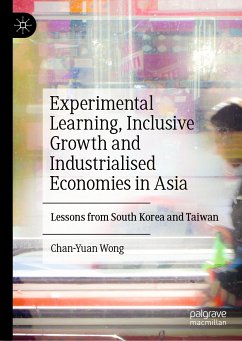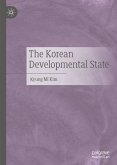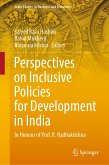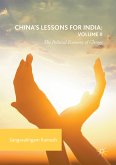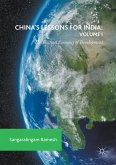- Dato' Dr. Rajah Rasiah, Distinguished Professor, Universiti Malaya, Malaysia.
"This book features many development policy lessons from Korea and Taiwan. It lays out convincing perspectives on the industrial catching-up and inclusive growth and demonstrates the economic value of agility for small economies. The book makes important contributions to the literature of innovation and development studies."
-Keun Lee, Distinguished Professor, Seoul National University; Winner of Schumpeter Prize.
"This is an excellent book which focuses on a comparison between the Korean and Taiwan models. Both countries have a remarkable achievement in high-tech development, but they are also facing their own domestic challenges. The discussion in this book can surely make an important contribution to the understanding of these two Asian Tigers."
-Gee San, Professor Emeritus, National Central University, Taiwan.
This book explores how small nations can mobilise and use productive activities to generate inclusive growth and rapidly move up the economic ladder. In this study, Dr. Wong explores how Korea and Taiwan came to balance between commanding critical technological competencies and driving inclusive-economic agendas and ultimately culminates decades of moving up the value chain for the two Asian dynamos. In a world dominated by superpowers, Dr. Wong demonstrates how agile, nimble mid-sized economies can move fast, innovate and achieve post industrial catch-up development. This book will interest scholars of the Asian manufacturing sector, those with an interest in the role semiconductors play in the global economy,and scholars of Asian development.
Chan-Yuan Wong is presently a faculty at Institute of Technology Management, National Tsing Hua University (NTHU) of Taiwan. He has studied and worked around the region, from Thailand to Malaysia to Korea.
Dieser Download kann aus rechtlichen Gründen nur mit Rechnungsadresse in A, B, BG, CY, CZ, D, DK, EW, E, FIN, F, GR, HR, H, IRL, I, LT, L, LR, M, NL, PL, P, R, S, SLO, SK ausgeliefert werden.

